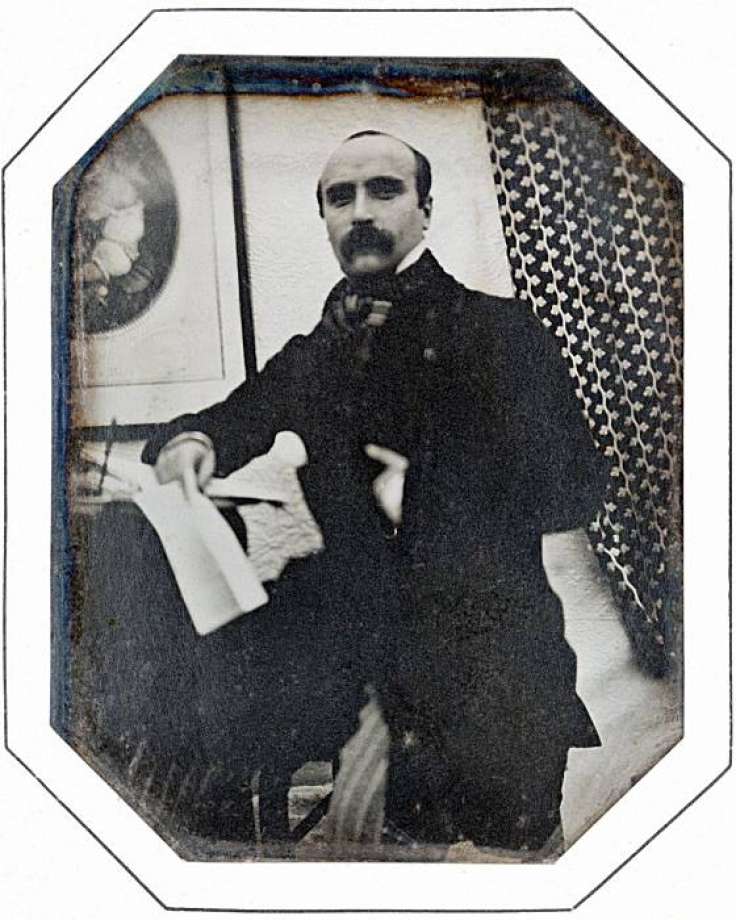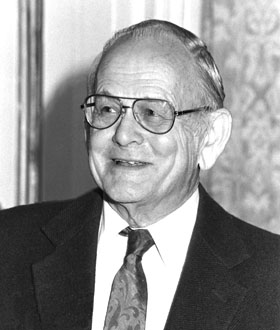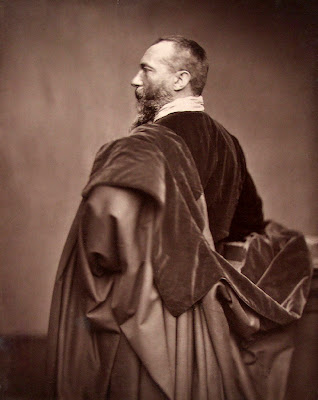With Simenon, early one morning, lying awake in the Hotel Berthe, the need was so great that when he heard a chambermaid outside in the hallway cleaning the guests' shoes, he got up, opened the door, lifted the girl's skirt and possessed her on the spot -- while she was brushing away. She did not even stop what she was doing but merely said: "Oh Monsieur!"
Surely you didn't think Dominique Strauss-Kahn was the first Frenchman to jump a hotel maid's bones.
I've decided that the last Friday of each month will no longer be just another "Rap Friday" but rather a "French Fri-day." (Très drôle, monsieur 2 or 3 lines!)
Simenon, who is best known for his 75 "Inspector Maigret" detective novels, wrote 400-plus books altogether, which were translated into 55 languages and sold 550 million copies. He claimed to have bedded 10,000 women (including 8000 prostitutes, whom he claimed to have treated like a gentleman: "I always let them have their pleasure first").
His second wife said that the figure of 10,000 was grossly exaggerated. She thought the correct number was closer to 1200. (Isn't it just like a man to exaggerate? And isn't it just like a wife to spoil his fun?)
By the way, Simenon was born in Belgium -- but in the French-speaking part of Belgium. Close enough.
_without_hat_by_Erling_Mandelmann.jpg) |
| Simenon avec sa pipe |

















